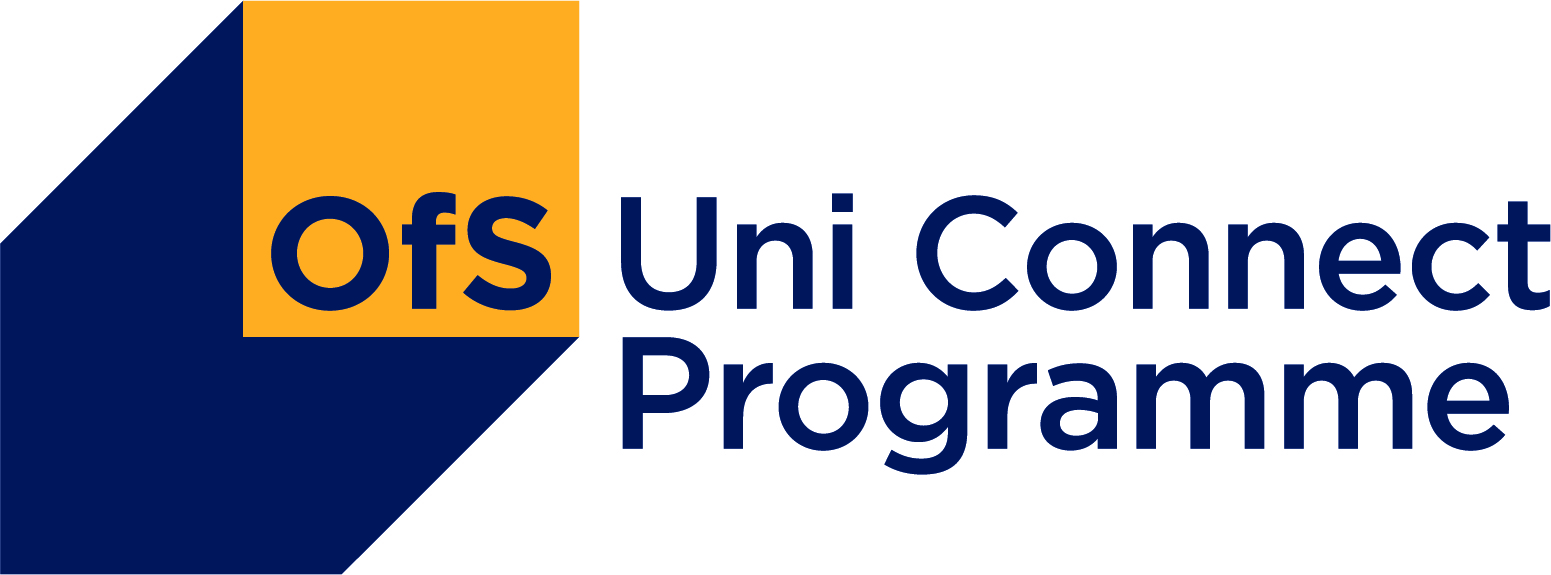Targeted Outreach

What is targeted outreach?
As well as our bespoke projects and strategic outreach, as part of the Uni Connect programme, ThinkHigher provides sustained and progressive targeted higher education outreach to young people in Years 10 to 13 living in areas where the proportion of young people entering higher education is low and lower than might be expected given their educational attainment.
Who is eligible?
Targeted outreach is focused on learners in Years 10 to 13 who live in particular geographic areas.
Uni Connect uses research on areas with an unexplained gap in participation to determine where investment can be targeted to boost the numbers of young people from these areas going into higher education.
Which areas do we work with?
Our targeted outreach work is offered mostly, but not exclusively, to schools that have a high population of Uni Connect learners. We are currently working closely with a handful of schools and colleges in Warwickshire and Hinckley including Avon Valley School (Rugby), Hartshill Academy (Nuneaton), Warwickshire College Group and North Warwickshire and South Leicestershire College.
Where our targeted outreach work has become smaller as we move into a new phase of the Uni Connect Programme, our close working relationship with the Coventry and Warwickshire Careers Hub and partner universities has meant schools and colleges can still take up many opportunities for their students where we may not be able to offer direct support.
Workshops we have delivered under our targeted outreach stream of work include:
- Is Uni for me?
In this session we discuss the perceived barriers to Higher Education and how they shouldn’t be a reason not to progress to Higher Education. Discuss the positive outcomes of Higher Education.
- IDK
In this session we look at what Higher Education looks like covering the academic side, social side and personal side. We look at the different types of courses you could do and explain how some courses can be majority course work or majority exam based. The beneficial side of how Higher Education can improve you socially and personally.
- Design your own University
An interactive classroom session providing students the opportunity to ‘Design their own Uni’. The activity can be completed individually, in pairs or small groups and will help students to understand that there is more to university than just a formal education.
- Career Ladder
This session focuses on what skills students currently use but might not realise they are using them. We show how you can talk about these skills and how that can be used in a CV or personal statement to progress on their career ladder. Each presenter also has a slide showing their career ladder to show how they got to where they are now.
- Post 16 Pathways
Post 16 pathways is a session which talks about the options students have after year 11. We look at college and 6th form options in the local area and the differences between colleges and 6th forms. We also talk about the opportunity of getting an apprenticeship.
- Preparing to Fail
In this session we talk about how everyone will fail at some point in their life but how do we come back stronger from failure. Students have a group task to complete where they have to get the best time they must use the PDRD (Plan Do Review Develop) method to improve their time.
- Student Finance
This student finance session talks about the two different loans (Tuition and maintenance) you might apply for if you’re going to University. We cover what you need when you are applying through Student Finance England and how the student repayment works. We also talk about Bursaries, Grants and Scholarships and where to look.